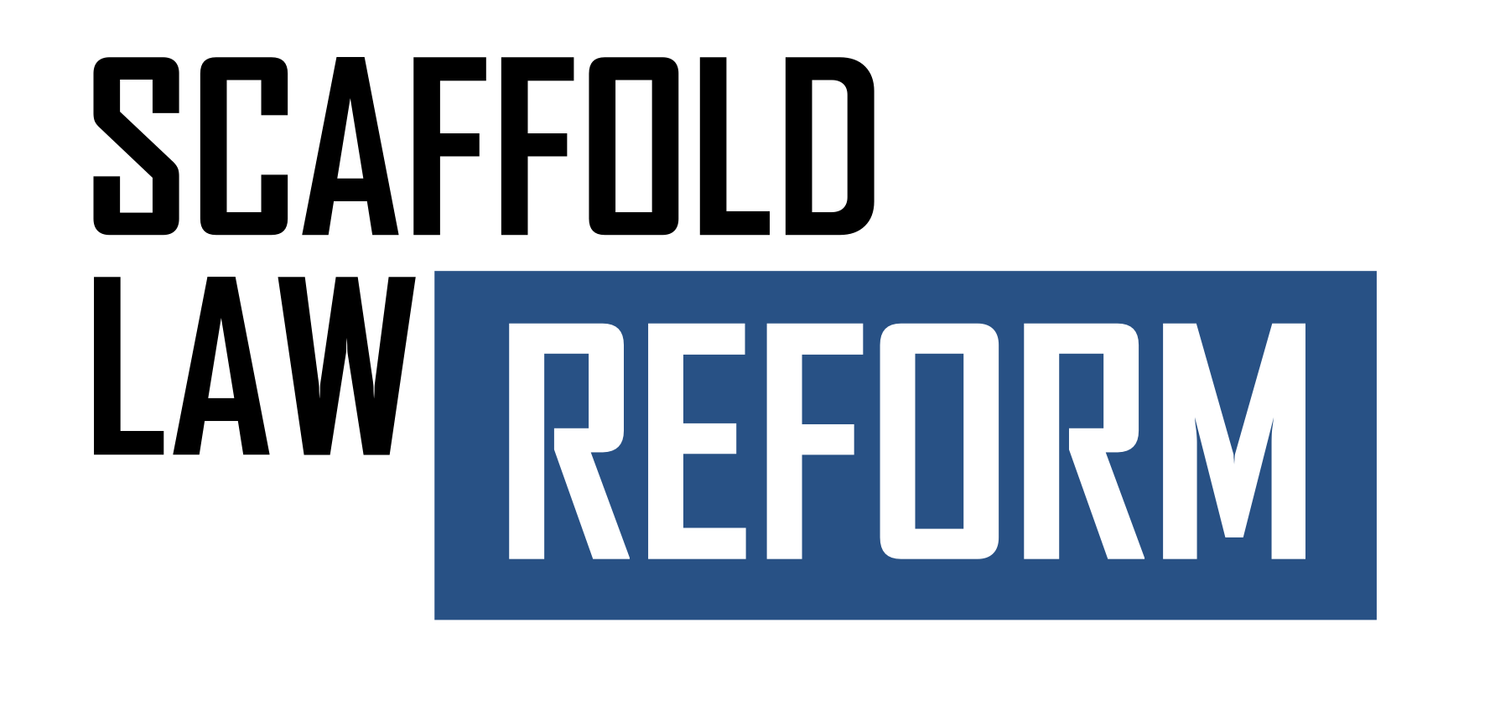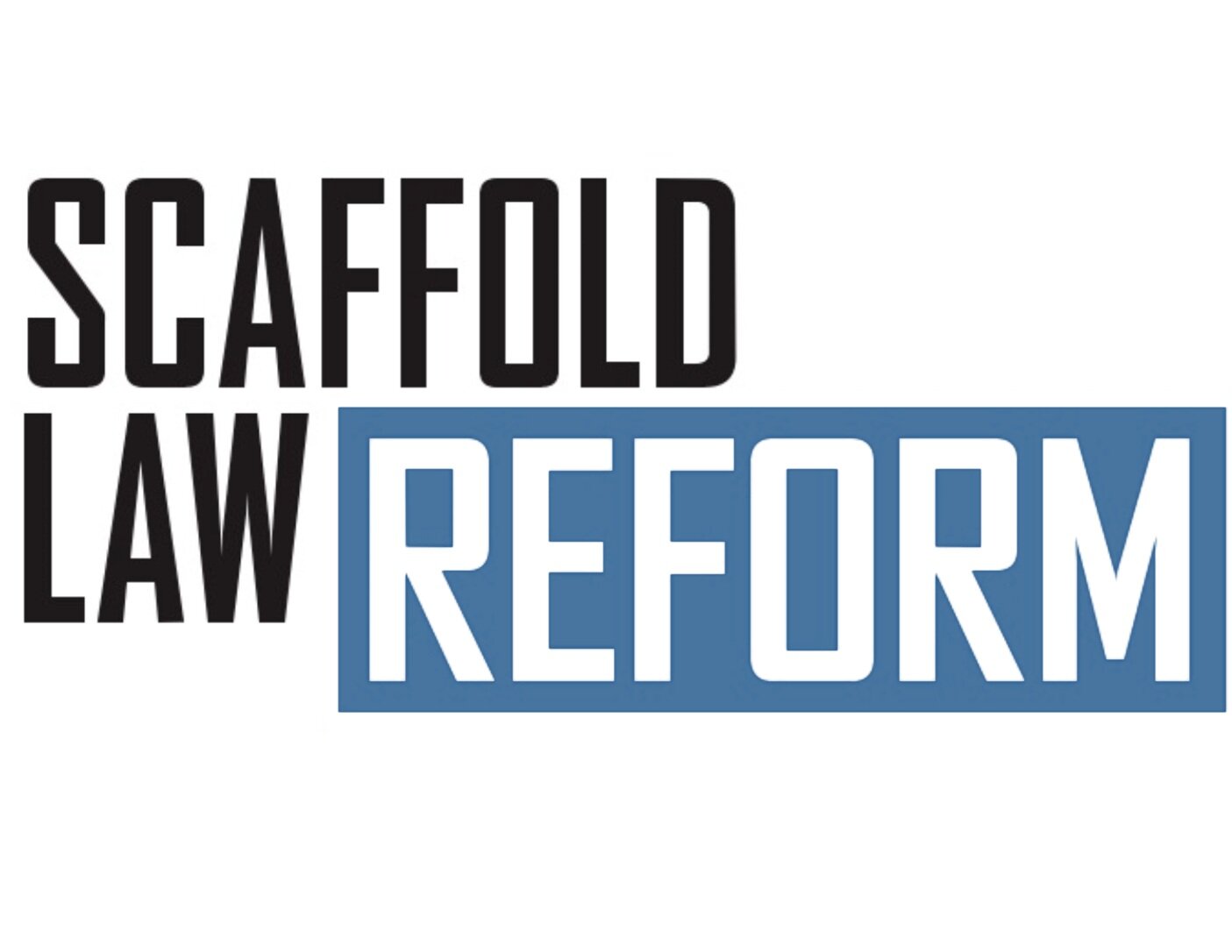Newsday: Time to deconstruct outdated Scaffold Law
By: The Editorial Board
The drumbeat about New York's high cost of living gets loudest over the need for more housing, increasing wages or lowering taxes.
It rarely touches on making a change to a 140-year-old state law.
New York State just might be able to make a dent in our high costs if elected officials had the courage to tackle the Scaffold Law.
The law requires property owners, contractors and landlords to have "absolute liability" for any construction site injury that's gravity related, including a worker's fall or an object that falls and hits someone. No matter what the circumstance, no matter who's at fault, in New York, the property owner or contractor is 100% liable. No defense can be made in court.
That increases insurance premiums, which in turn pushes up the cost of public projects like school construction, road improvements, transit upgrades and private efforts to build more affordable housing. The high liability costs, or rather the higher insurance rates for needed coverage, are passed on to all of us.
New York is the only state in the nation where this law still stands. Every other state uses alternative standards to apportion blame and damages.
The Scaffold Law may have been appropriate in 1885 — a time without modern safety standards, regulations and equipment. Now, it primarily serves as a boondoggle for trial attorneys, who are its main benefactors and who, through a steady stream of campaign donations, try to keep state lawmakers on their side.
Unions representing the building trades back the law too. Advocating for protecting worker safety is their job. But construction-related death and injury rates in New York are lower than some states and higher than others, data shows. There's no evidence that a law requiring absolute liability improves safety.
In fact, there are clear indications that the law may lead to staged accidents and fake lawsuits.
Reforming or repealing the Scaffold Law won't, of course, be the ultimate answer to our affordability crisis. It's not enough to fix our insurance industry troubles, either; we'll need further reform for that. But it'd be a good step.
Attempts to repeal the Scaffold Law have been tried for decades. But this time, those advocating for a change are trying something different. Upstate Rep. Nick Langworthy proposed the Infrastructure Expansion Act, which would prohibit projects that receive federal funding from using the absolute liability standard. Advocates hope that will be enough to force New York lawmakers to undo the Scaffold Law.
It's an interesting strategy and a solid start. But lawmakers in Albany shouldn't need a stick from Washington when the carrot is dangling right in front of them. Gov. Kathy Hochul and lawmakers across Long Island say improving affordability is their top issue. Fix this — and they'll be able to say they made strides toward that goal.

